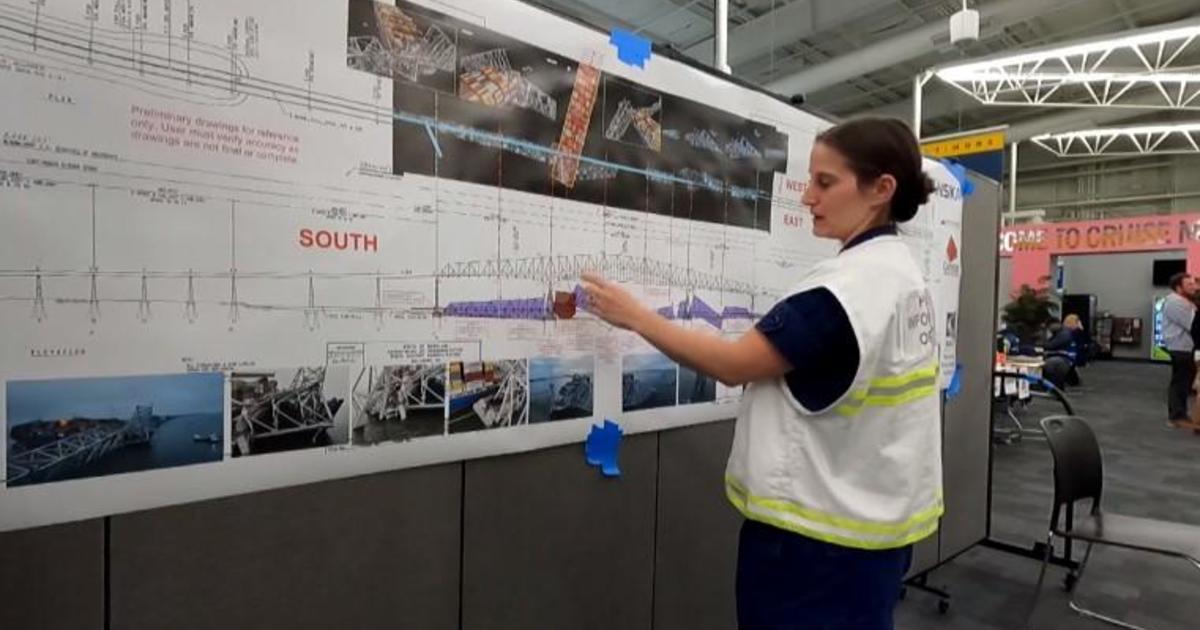Hopkins Applied Physics Lab Developing Instruments For NASA Asteroid Missions
BALTIMORE (WJZ) -- Space may be the final frontier but it's becoming a familiar destination for Maryland scientists and engineers.
Alex DeMetrick reports, NASA has selected the Johns Hopkins Applied Physics Lab for two new missions.
The beginning of the solar system still generates more questions than answers.
Some might be solved by a pair of NASA missions, which will carry instruments built by the JHU lab, to the leftovers of creation: asteroids.
"It's going to fly by a whole bunch of these different Trojan asteroids and try to learn how they're formed, what they're made out of, what they look like," says Dr. David Lawrence.
The Trojan asteroids swarm in Jupiter's orbit. No one's quite sure what they are -- comets, asteroids or something else.
The second mission is to Psyche, an asteroid the size of Maryland, that tumbles in the asteroid belt between Mars and Jupiter. Made of solid metal, it's believed to be the core of a failed planet.
"Earth has a core, we're never going to get to it," Lawrence says. "We're never going to study it. But we have what we think is a core out there in solar system, and we have an opportunity to study that and that's really exciting."
NASA chose Hopkins because, in the past, it has delivered the goods.
Last year, APL cheered a successful nine-year mission to Pluto. They New Horizons space craft sent back the first up close look of Pluto and its moon. Before that, the Messenger spacecraft spent three years studying the planet Mercury.
"That's one of the things we try to do here at APL, is build instruments at good cost and really good efficiency," according to Lawrence.
The first asteroid mission launches in 2021, the second in 2023.
Follow @CBSBaltimore on Twitter and like WJZ-TV | CBS Baltimore on Facebook



